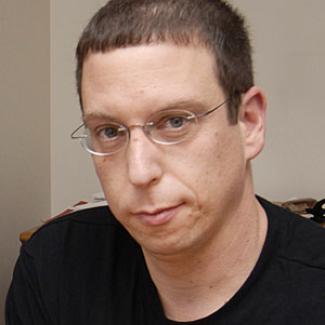
Cryptographic proofs aim to both mimic and significantly expand upon the capabilities of traditional mathematical proofs. In particular, cryptographic proofs can achieve the seemingly impossible properties of succinctness (proofs that are short and fast to verify) and zero knowledge (proofs that hide everything except the truthfulness of the statement). Since their inception in the 80s, cryptographic proofs have enjoyed a strong interplay with theoretical CS. In recent years, our theoretical understanding of cryptographic proofs has greatly improved with several breakthrough results. On the practical side, cryptographic proofs are being put to real-world use thanks to the remarkable improvements in proof generation time. In addition, they are becoming a vital tool in the world of blockchains, which further accelerates the pace of development.
Several grand challenges remain, in both the theory and practice of cryptographic proof systems. This workshop will bring together researchers from academia and industry to explore these challenges.
If you require special accommodation, please contact our access coordinator at simonsevents@berkeley.edu with as much advance notice as possible.
Please note: the Simons Institute regularly captures photos and video of activity around the Institute for use in videos, publications, and promotional materials.
This research program is funded in part by an award from the UC Noyce Initiative.
Noga Amit (UC Berkeley), Shany Ben-David (Bar-Ilan University), Benedikt Bünz (New York University), Sofia Celi (Brave), Lijie Chen (UC Berkeley), Binyi Chen (Stanford University), Alessandro Chiesa (EPFL), Eden Florentz-Konopnicki (Technion - Israel Institute of Technology), Aarushi Goel (Purdue University), Ziyi Guan (EPFL), Rahul Ilango (MIT), Abhiram Kothapalli (University of California, Berkeley), Alex Lombardi (Princeton University), Surya Mathialagan (MIT), Pratyush Mishra (University of Pennsylvania), Wilson Nguyen (Stanford University), Omer Paneth (Tel-Aviv University), Christopher Peikert (University of Michigan, Ann Arbor), Leonid Reyzin (Boston University), Ron Rothblum (Succinct), Guy Rothblum (Apple), Sruthi Sekar (UC Berkeley), Nicholas Spooner (Cornell University), Riad Wahby (CMU), Mingyuan Wang (New York University, Shanghai), Brent Waters (UT Austin and NTT Research), Hoeteck Wee (NTT Research), Daniel Wichs (Northeastern University), Lucas Xia (Aztec Labs, NYU), Chhavi Yadav (CMU), Yibin Yang (Georgia Tech), Eylon Yogev (Boston University and Tel Aviv University), Hadas Zeilberger (Yale University), Yiding Zhang (Boston University), Yupeng Zhang (University of Illinois Urbana Champaign)





